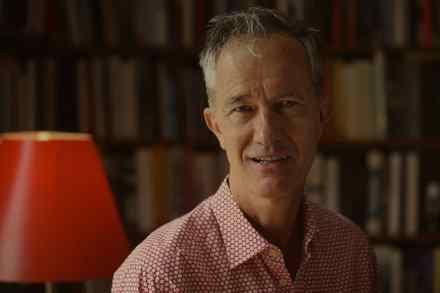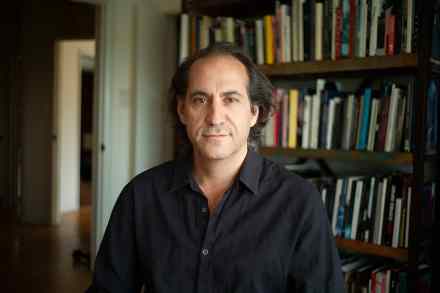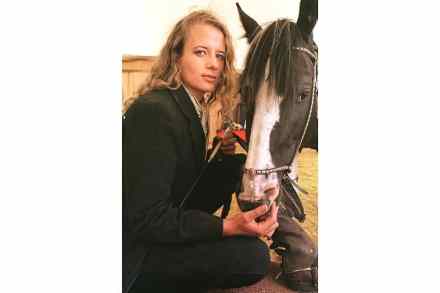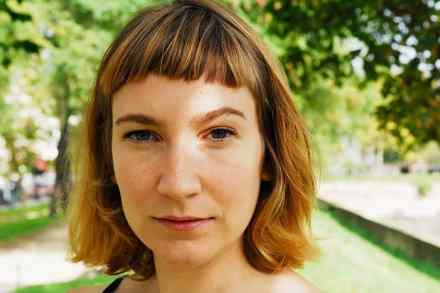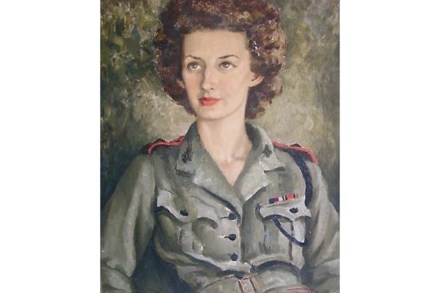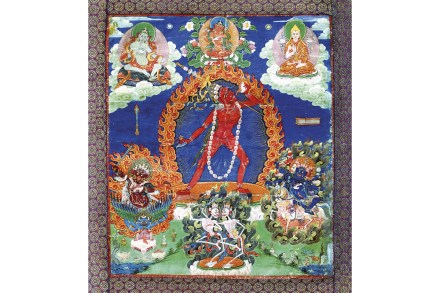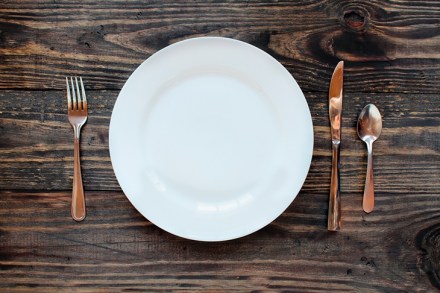What do Beethoven, D.H. Lawrence and George Best have in common?
This is not a book about tennis. Roger Federer appears early on, trailed by the obligatory question ‘When will he retire?’ He figures more prominently in the final 80 pages – still looking, despite the imminence of hanging up his racquet, as if he moves ‘within a different, more accommodating dimension of time’. There are cameos from some of the game’s other stars at various points on the way to the exit: the young Bjorn Borg (‘heir to some non-specific Scandinavian malaise’), the often crocked Andy Murray (‘a mumble-core Hamlet’) and the middle-aged, disgraced Boris Becker (afflicted by a ‘hitherto unseen condition called testicular elbow’). But the title is a
